If you’re considering a roof replacement in Snohomish, King, and Pierce County, choosing the appropriate materials to withstand the area’s unique weather conditions is essential. The city is known for experiencing heavy rain, snow, and wind, which can significantly damage your roof over time.
With various materials available, such as metal roofing and asphalt shingles, it’s crucial to weigh the pros and cons of each option to ensure your roof remains safe and dry throughout the seasons.
This blog aims to provide insights into the different types of roof replacements and how they perform under varying weather conditions to help you decide which material best fits your home.
Different Types of Roof Replacements
When it comes to roof replacements, various types of roofing materials and systems are available, each with advantages and suitability for different climates and architectural styles. Here are some of the most common options:
- Asphalt shingles are the go-to choice for roofing materials due to their affordability, ease of installation, and wide range of colors and styles. They suit many architectural styles and can last around 20 to 30 years.
- Metal roofing. Often made of steel, aluminum, or copper, metal roofs are durable and offer excellent longevity, lasting up to 50 years or more. They are fire-resistant, energy-efficient, and lightweight.
- Synthetic roofing materials, such as synthetic slate or composite shingles, mimic the appearance of natural materials but are more affordable and lightweight.
Roofing Performance Under Different Weather Conditions
Let’s discuss how each roofing material performs under the weather conditions commonly experienced in Washington.
Asphalt shingles
- Rain: Asphalt shingles perform well under normal rain conditions due to their water-resistant surface and are designed to shed water effectively.
- Snow: They can manage light to moderate snow loads but may not be ideal for regions with heavy snowfall. Significant snow accumulation can become a problem due to the weight.
- Wind: Asphalt shingles are vulnerable to strong winds if not correctly installed. High winds can lift or break the shingles, leading to leaks and damage.
- Other weather conditions: Asphalt shingles can handle moderate temperature fluctuations and UV exposure but may experience wear and tear over time.
Metal roofing
- Rain: Metal roofs are highly water-resistant and shed rainwater efficiently, preventing leaks and water damage.
- Snow: Their smooth surface allows for excellent snow clearing, preventing ice dam formation and snow accumulation.
- Wind: Metal roofs are durable and can withstand high winds, making them suitable for storm-prone areas like Kirkland.
- Other weather conditions: Metal roofs can endure extreme temperatures, resist UV degradation, and are fire-resistant.
Synthetic roofing materials
- Rain: Synthetic materials like composite shingles or synthetic slate are designed to be water-resistant and perform well in rainy conditions.
- Snow: Most synthetic materials have smooth surfaces that facilitate easy snow shedding and minimize snow-related issues.
- Wind: Synthetic roofing materials are typically lightweight but engineered to withstand moderate winds.
- Other weather conditions: Synthetic roofing materials often resist UV rays and temperature fluctuations.
Protect Your Home With Roofing Formula
The choice of a roof replacement will depend on factors such as the climate, budget, architectural style, and personal preferences. It’s essential to consult with an experienced roofing contractor to select the most suitable type of roof replacement for your specific needs.
At Roofing Formula LLC, we bring superior roof replacement services to residential and commercial properties in the Pacific Northwest, specifically designed to match the climate and architectural styles. We offer tailored options for various materials, from asphalt shingles to metal, PVC, and guarantee superior installation.
Book your appointment today!




